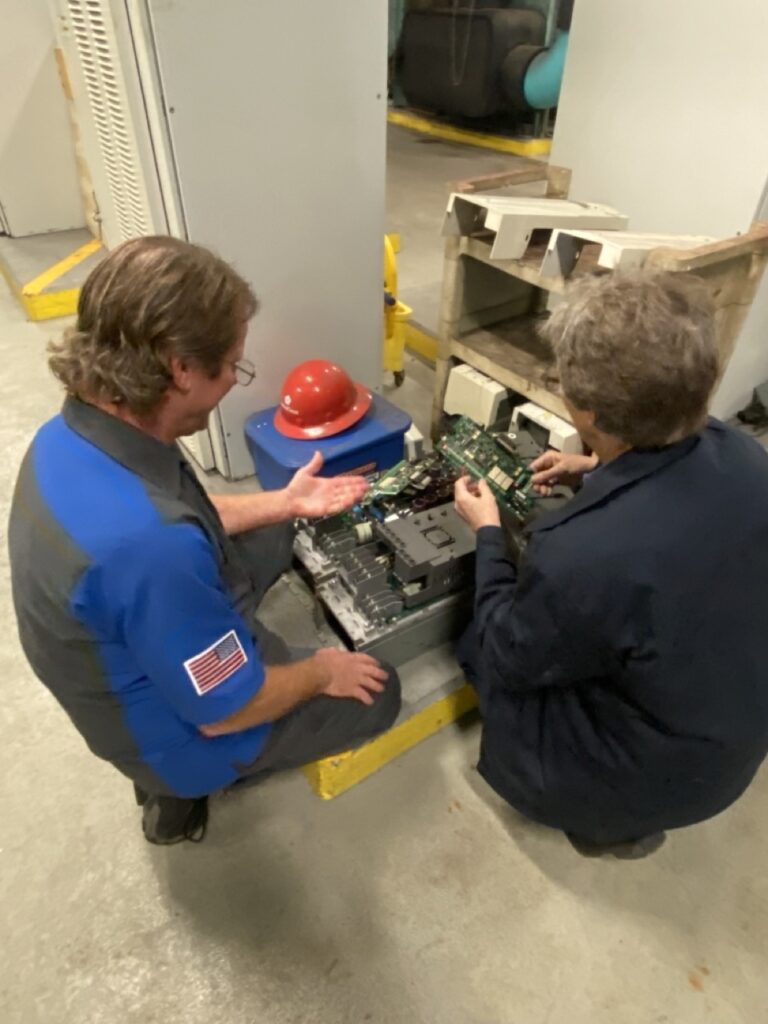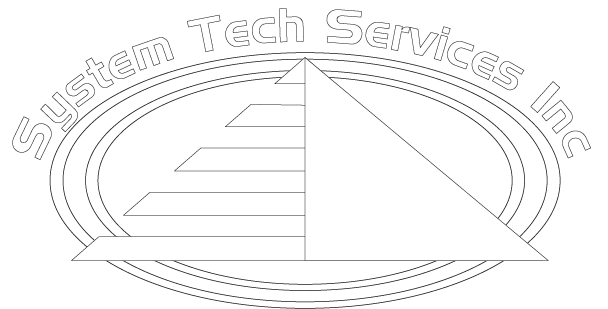By: Jeffrey Hess
Being an HVAC Service Technician can be quite challenging at times, and also quite rewarding at the same time. The one aspect of this trade that is always consistent is, the Customer interaction. No matter how small or large the job I’m on, interacting with that customer is the number one most important part of that service experience. It almost always sets the “Tone” for what will occur going forward on that service call or repair job.
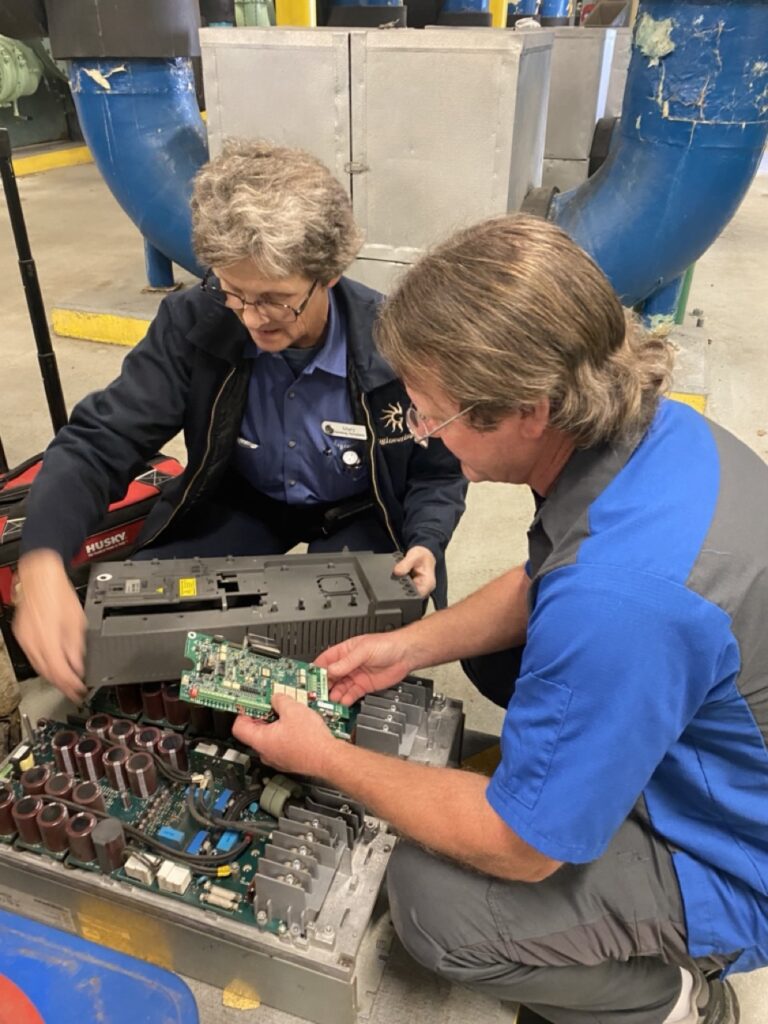
I learned quite early in my life, that being able to hold a conversation with another person is key to a successful life. This idea holds true with every trade, but especially the HVAC industry. Almost always the person who calls you out, doesn’t know much about what the issue might be. They only know the symptom or result of an issue with their equipment. As you introduce yourself or greet the customer, whether on the phone, in person, or through a digital technology. The feeling should be that you want to be there, and that you will do your best to diagnosis the problem as quickly as possible. Even if I have no idea what might be going on, or if the customer is very confused, it’s important to listen to them and always ask for the “story” of what’s been going on. This is critical, as it establishes a good line of communication with the contact and they feel that your there to help them, and this can’t be completed without the initial conversation occurring. Many technicians try to avoid this step, as they themselves are not comfortable communicating. This is why I feel that communication could be your most valuable tool in your tool bag.
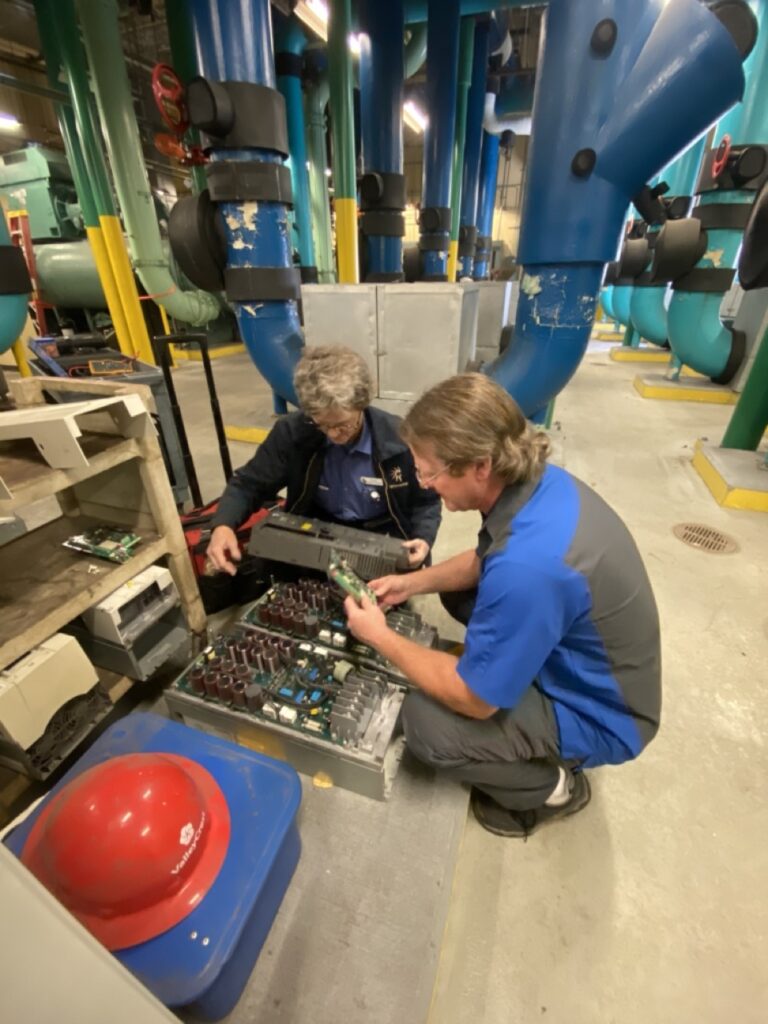
Once the communication has been established, and you’re on the property, starting your troubleshooting of the issue. This next step can be the hardest, because let’s assume you have news for the customer that is negative. Something is broken, damaged, leaking, or burnt. The conversation will then occur with the customer to tell them what is wrong, how it will be fixed, the downtime, and the possible cost of the repair. Going back to that initial conversation, if that went well, this conversation will be much easier. As the customer will feel comfortable with you and have a sense of trust will be established. When that occurs, they will take the repair news much easier and will feel confident of your diagnosis and plan of repair. The confidence as the technician in this stage is critical, the contact must feel that you’re trying the best you can and will do everything possible to fix the issue. Now you have been given permission to fix the issue, and the next phase begins.
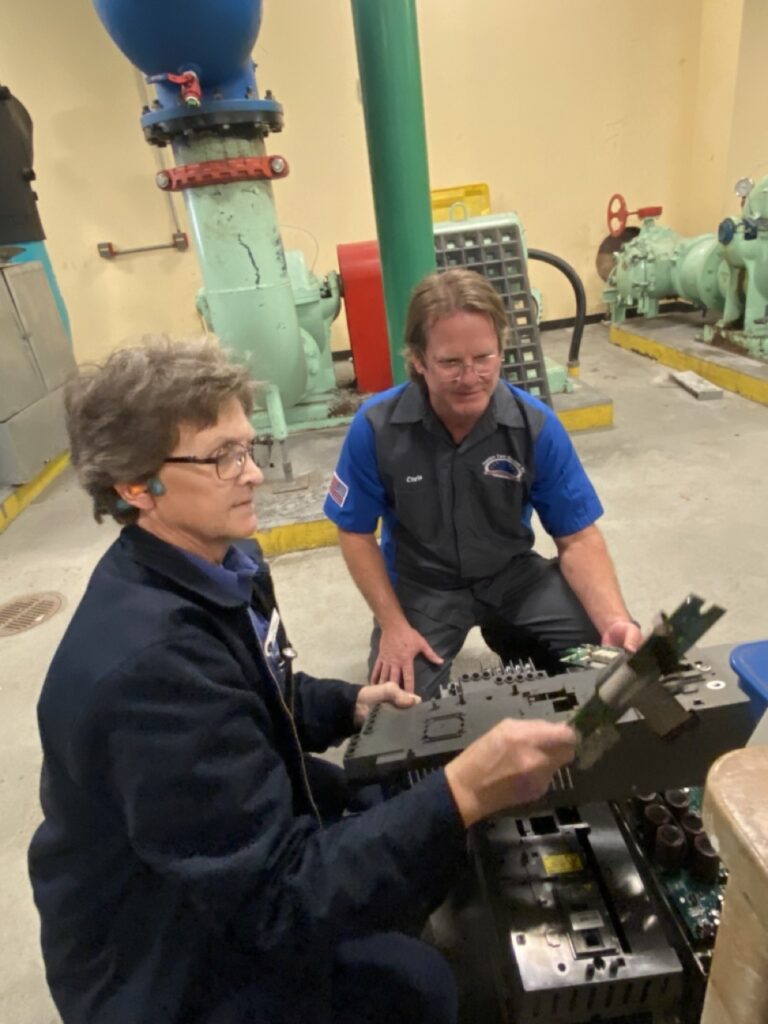
You’ve purchased parts, fixed the leak, or whatever needed to be done and then you verified the system is operating correctly and they’re issue is resolved to the best of your ability. Now the conclusion of the call can occur. You write up your service report, fill in all the information, put all labor and parts on that ticket. You then confidently talk to the customer in person or on the phone and tell them a brief story of what you did. So, they have a basic understanding of what happened, this is important, because if their boss asks them, they should be able to tell a basic story to anyone who might also want to know what went wrong. If this is done correctly and with confidence, the customer will sign the ticket, knowing you did your best and treating them as fairly and honestly as possible. You now can walk away from that job with a feeling of confidence and a great sense of accomplishment that you did your best.
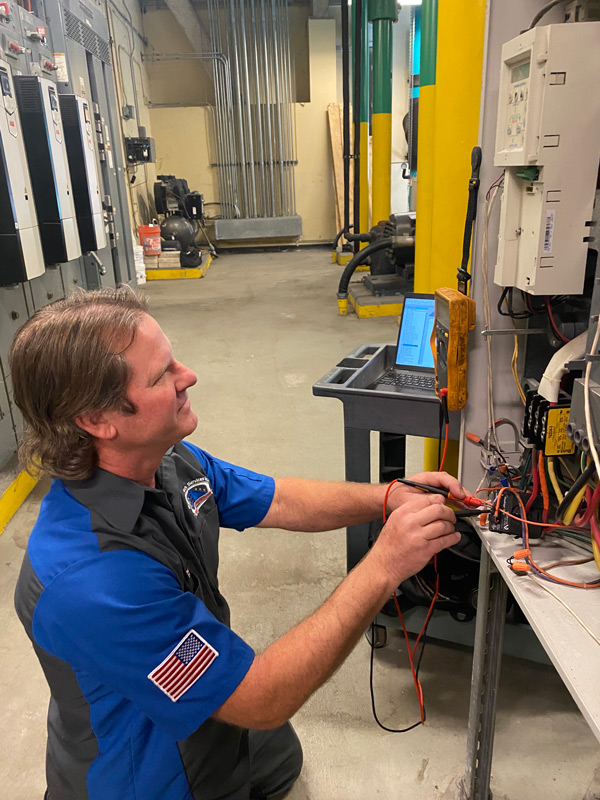
I always feel better about my day, when I’ve spoken to the customers I’m working for, about all the things that effect their building or property. This means that once the trust is established, I can approach them with problems that I find, and even when they’re not aware of those issues. They appreciate my communication about them and sometimes approve the repairs or set up a later date to complete them. Either way, the key words in this whole story are Trust and Communication. Once those ideas are established a great working relationship can begin and often become a long-term partnership that is mutually beneficial. A customer for life should be the goal for each relationship that is established as an HVAC Technician. This will help improve the industry and benefit the company you work for each and every day you climb into the truck.
